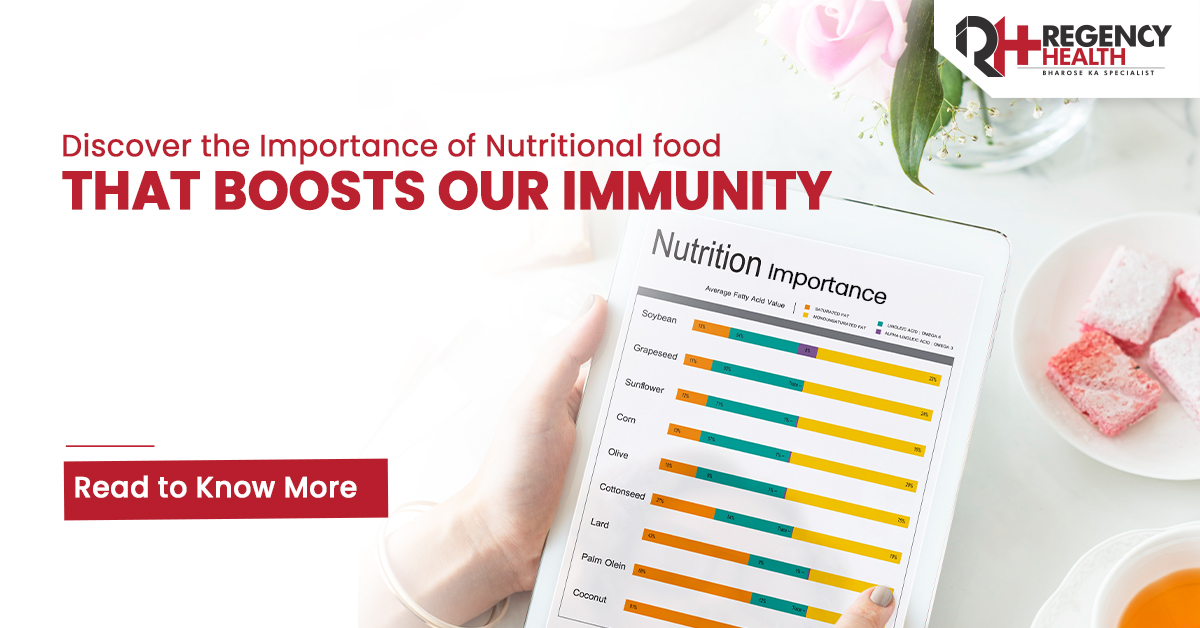
The immune system is a sophisticated network that works nonstop to defend the body from bacteria, viruses, toxins, and parasites, collectively known as antigens. Our immune system offers two layers of defense namely innate immunity and adaptive immunity.
Innate immunity is the primary line of defense, which is made up of physical barriers like the skin and mucous membranes as well as chemical and cellular defenses. Innate immunity is the defense we are born with and acts uniformly against all antigens. Our cough reflexes, skin, stomach acid, etc. are various forms of innate immunity.
The adaptive immune system on the other hand takes over if the innate immune system fails to counter a potential threat. Adaptive immunity is made up of specialized blood cells and proteins that target a particular infection’s cause. The adaptive immune system has a memory which is why, following initial exposure, the body develops an immunity to a particular form of illness.
To stay healthy, a person’s immune system must be in good working order. The immune system might face several adverse effects due to various lifestyle choices, such as excessive drinking, smoking, and sedentary life.
How Our Diet Influences Immune System
Nutrition has a direct impact on the immune system’s function as it influences the microbiome, gut barrier function, inflammatory reactions, and white blood cell function. There are links between dietary habits and specific foods that elevate illness risk and weaken immunological response.
Diets that tend to be heavy in calories such as ultra-processed foods, added sugar and salt, and saturated fat can lead to several chronic ailments. These diets also cause inflammation and disrupt immune system operation, accelerating the onset of illness.
High consumption of soda, candy, sugary cereals, and sugary baked goods can lead to a spike in blood sugar levels which in turn increases the levels of inflammatory proteins such as tumor necrosis factor-alpha (TNF-alpha), C-reactive protein (CRP), and interleukin-6 (IL-6). Additionally, they also disrupt the operation of defense immunological cells including phagocytes and neutrophils.
On the other hand, diets high in whole foods, such as vegetables, fruits, nuts, legumes, and seafood, and non-processed foods cut the risk of diseases and aid in maintaining a healthy immune system.
Lack of some nutrients such as vitamin D, zinc, and vitamin C, which are necessary for immunological function, might also impair immune response. The relationship between nutrition and immunological health is extremely complex, even though it is obvious that dietary choices have an impact on overall health, including immune function.
Ideal Diet for Better Immunity
A diet rich in nutrients as opposed to diets loaded with ultra-processed foods and added sugar as excessive calories is good for immune function. The latter is one of the key disruptors of immunological function.
Foods high in beneficial plant compounds, healthy fats, fiber, vitamins, proteins, and minerals lower systemic inflammation, promote healthy gut bacteria, cut oxidative stress and cellular damage along with enhancing blood sugar and insulin sensitivity. These are all necessary for the proper functioning of the immune system.
Additionally, research suggests that adding vitamin D, zinc, and vitamin C to the diet can improve immune performance and lower the risk of illness. A person should ideally focus on maintaining a balanced dietary pattern full of complete, nutrient-dense foods. This includes vegetables, fruits, legumes, nuts, and seeds which have been proven to boost immunological function.

 Call-an-Ambulance
Call-an-Ambulance



